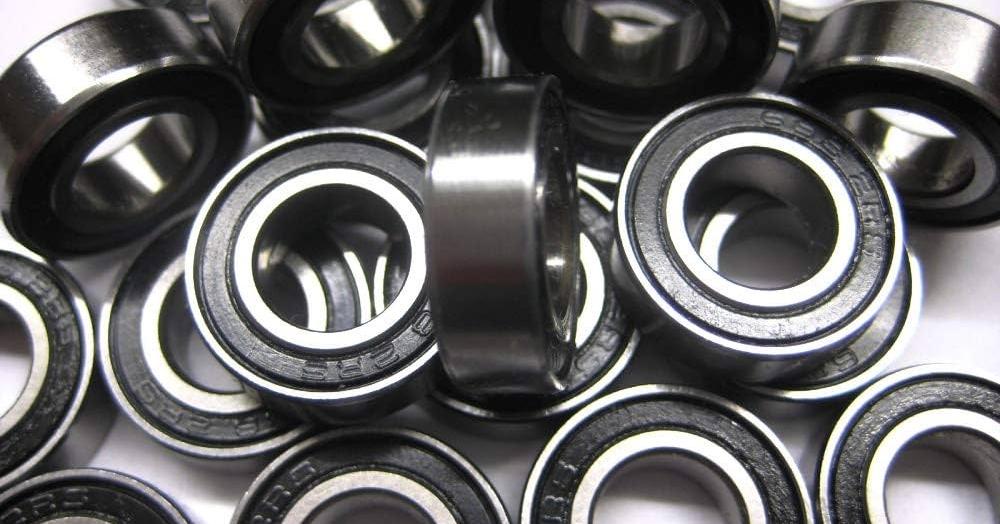Hybrid bearings, also known as ceramic hybrid bearings, are a type of rolling-element bearing that combines the properties of traditional steel ball bearings with ceramic materials, typically silicon nitride (Si3N4) or zirconia (ZrO2).
These ceramic materials are used for the rolling elements (balls or rollers), while the inner and outer rings are typically made of steel.
Hybrid bearings in the pharmaceutical industry
In the pharmaceutical industry, hybrid bearings can be used in various equipment and machinery. Here are some examples of their applications:
- Pharmaceutical manufacturing equipment: Hybrid bearings can be used in the manufacturing process of pharmaceuticals, where precision and cleanliness are critical. They are employed in pumps, mixers, agitators, and other machinery used for mixing, blending, and transporting pharmaceutical ingredients. Their reduced friction and improved wear resistance can help maintain.
- Laboratory equipment: In laboratories, hybrid bearings can be found in centrifuges, analytical equipment, and other devices that require smooth and precise rotation. The superior performance of hybrid bearings can improve the accuracy of laboratory tests and experiments.
- Packaging machinery: In the pharmaceutical packaging industry, hybrid bearings can be used in various packaging machines like fillers, cappers, and labelers. Their durability and resistance to wear can help maintain the quality of packaging and ensure the reliable operation of these machines.
- Cleanroom applications: Many pharmaceutical manufacturing and research facilities maintain cleanrooms to ensure the sterility of products. Hybrid bearings are suitable for use in such environments because they generate less particulate contamination and require less maintenance due to their improved wear resistance.
Conclusion
It’s important to note that the use of hybrid bearings in the pharmaceutical industry depends on specific requirements and regulations. In some cases, specialized bearing materials or coatings may be necessary to meet stringent cleanliness and sterilization standards. When selecting bearings for pharmaceutical applications, it’s essential to consider factors such as material compatibility, lubrication requirements, contamination control, and regulatory compliance.

